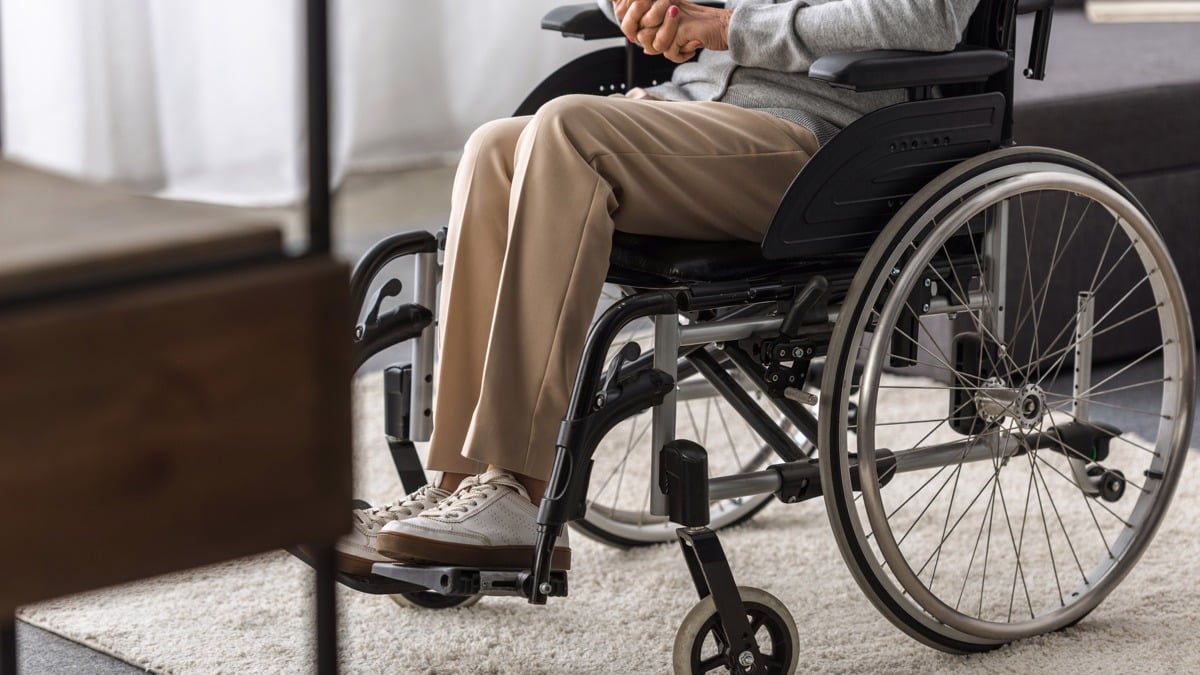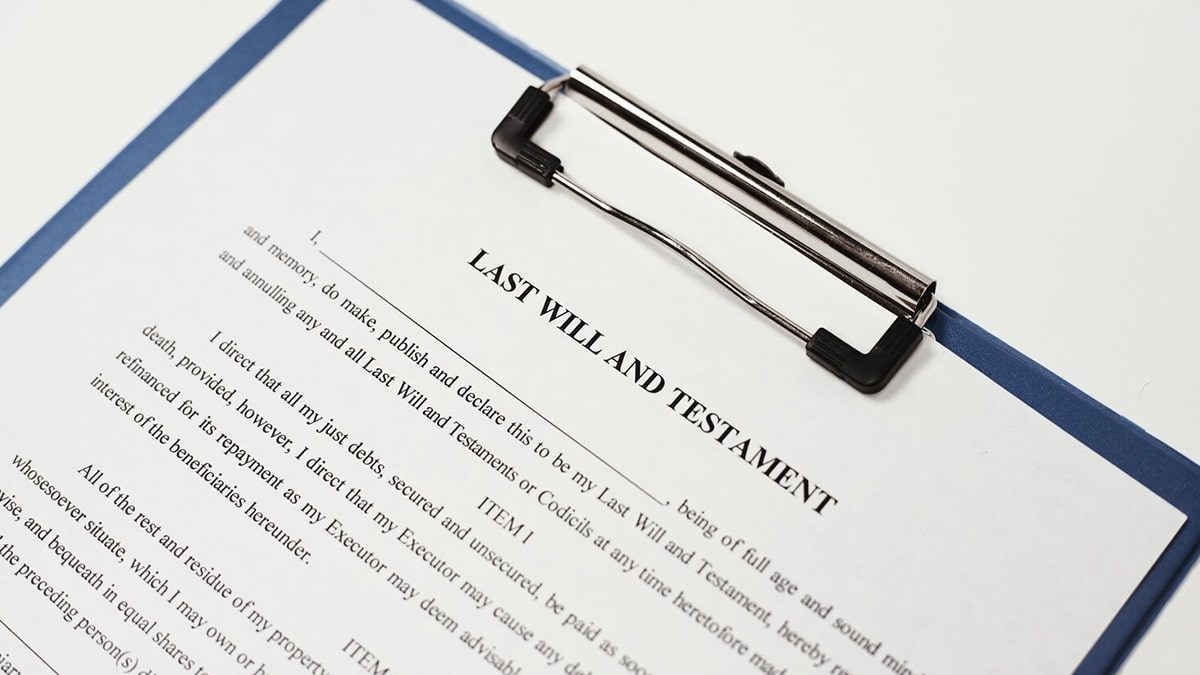A husband and wife from Orange, NSW were driving down the freeway to Sydney and slowed for a 40 km per hour road repair zone. The husband, who was driving, suddenly lost consciousness, but fortunately the wife managed to pull the vehicle over to the side of the road. A week later they returned, passing that same spot with the husband as a passenger and a newly fitted pacemaker in his heart. Fortunately, their lives returned to normal.
The near accident posed the question: “What would have happened if one of us had been permanently incapacitated or had not survived? Did we have everything in order?”
These questions prompted the couple to look more closely at how and what they should prepare to ensure their wishes were well documented, providing the easiest way for them to be carried out and the best outcome for those left behind. They formulated a checklist and created a folder of completed documents, including their Wills, Powers of Attorney, Advance Care Plans, CVs (for anyone researching for a eulogy) and insurance policies.
But it is not just the prospect of death that should spur us on to be prepared.
In an aging population, where people are living longer and the number of people living with dementia is expected to double over the next 35 years, there are plenty of other good reasons to plan ahead.











